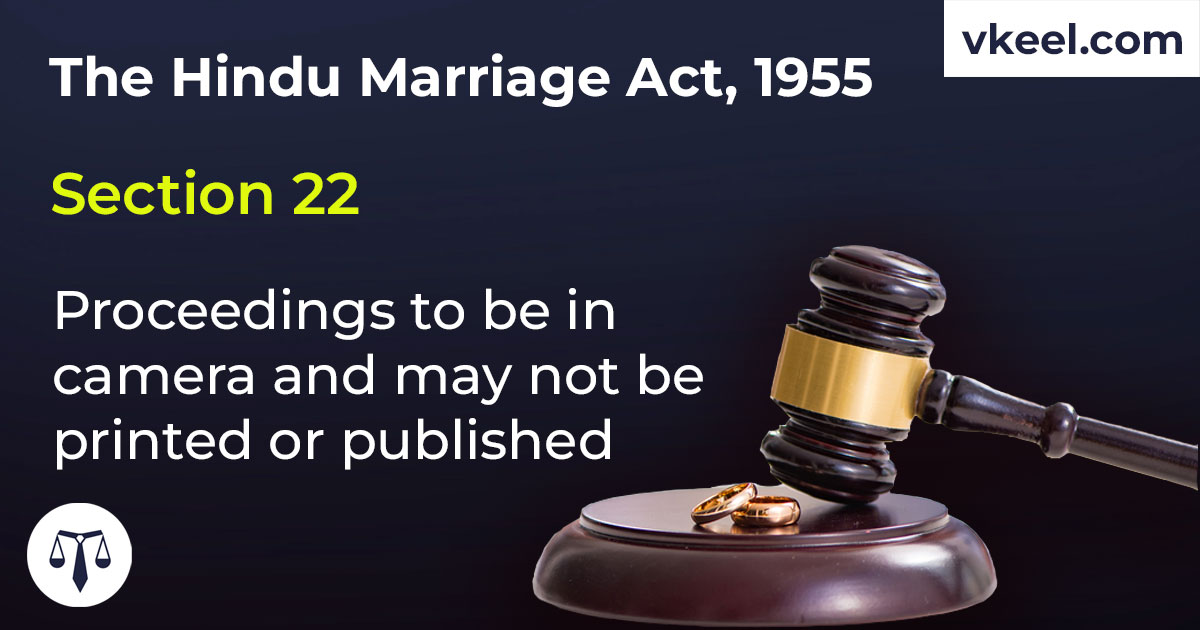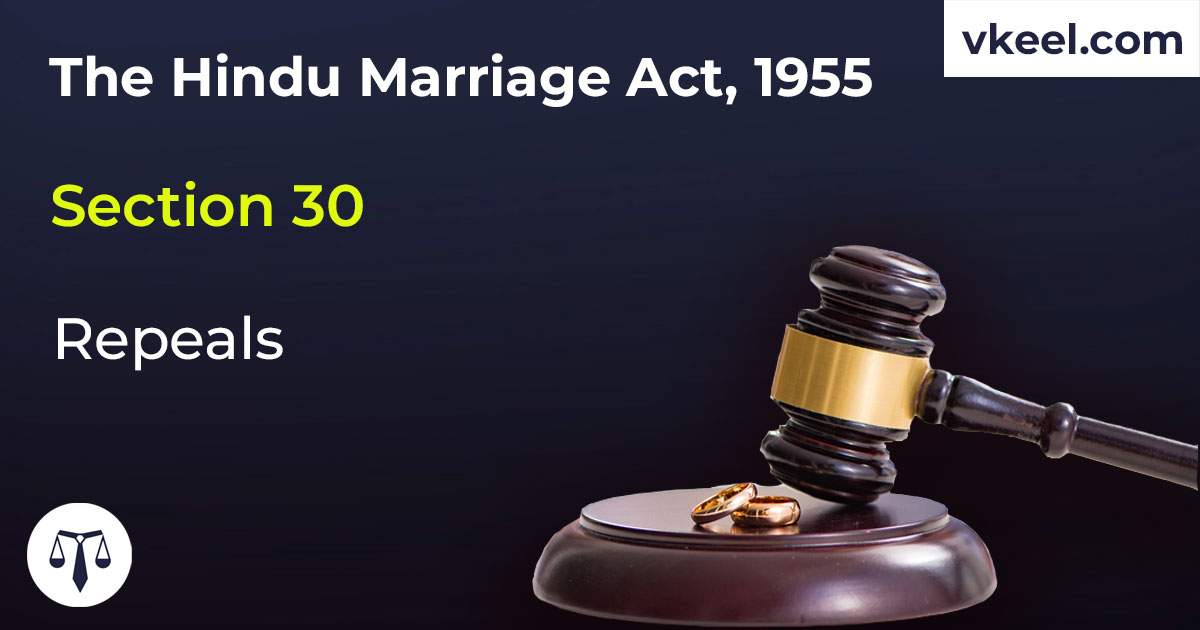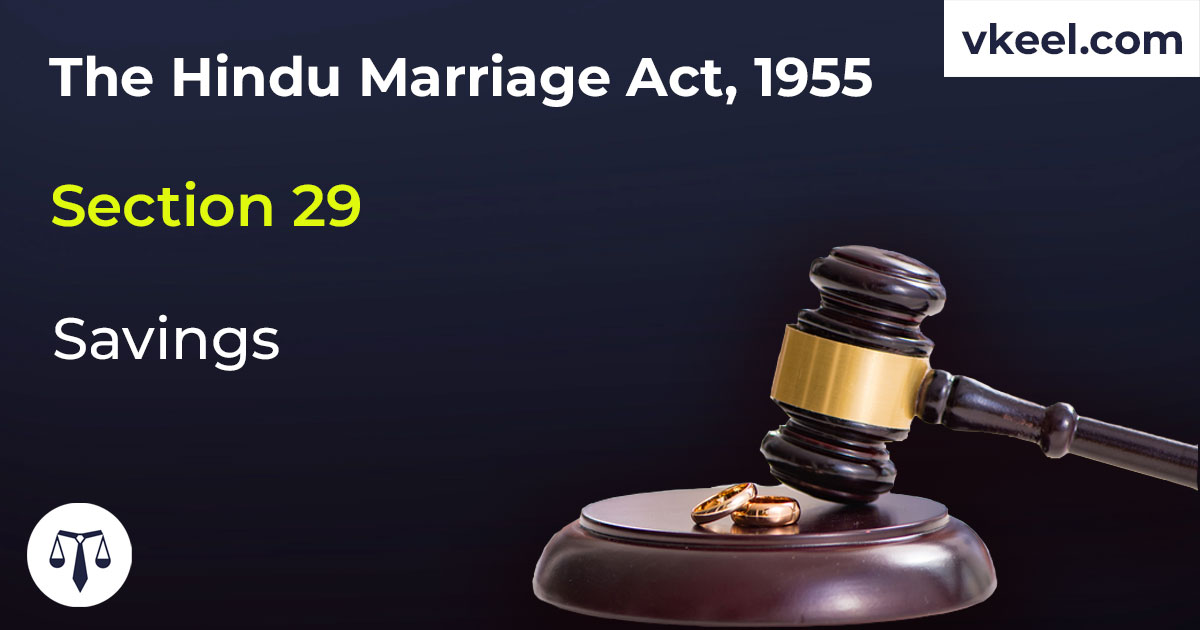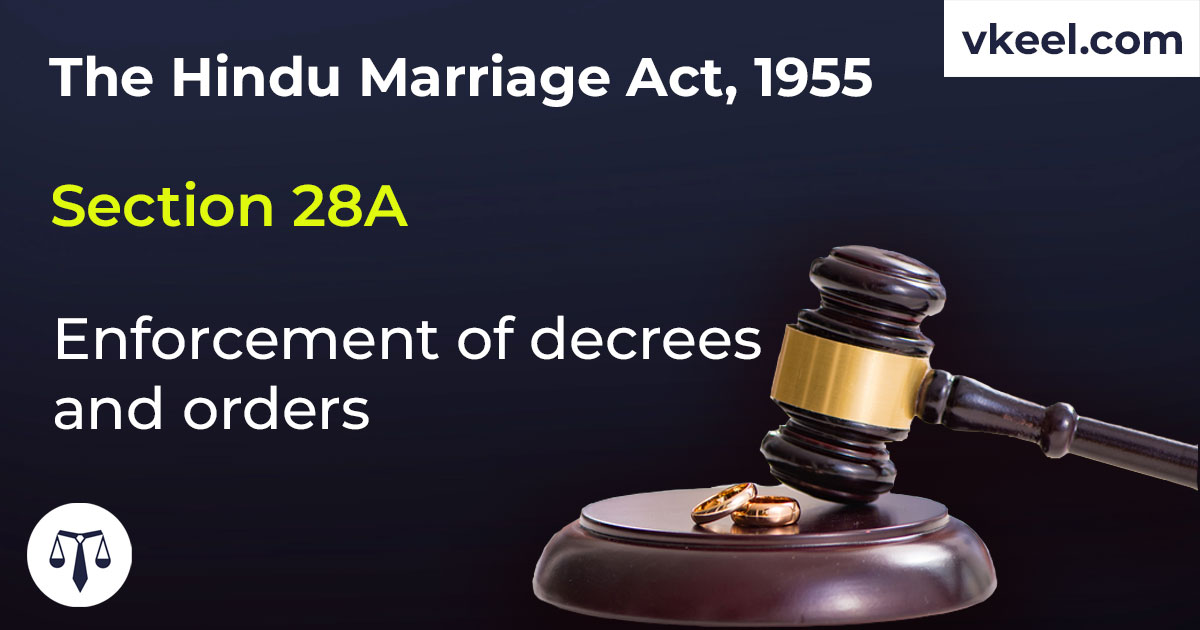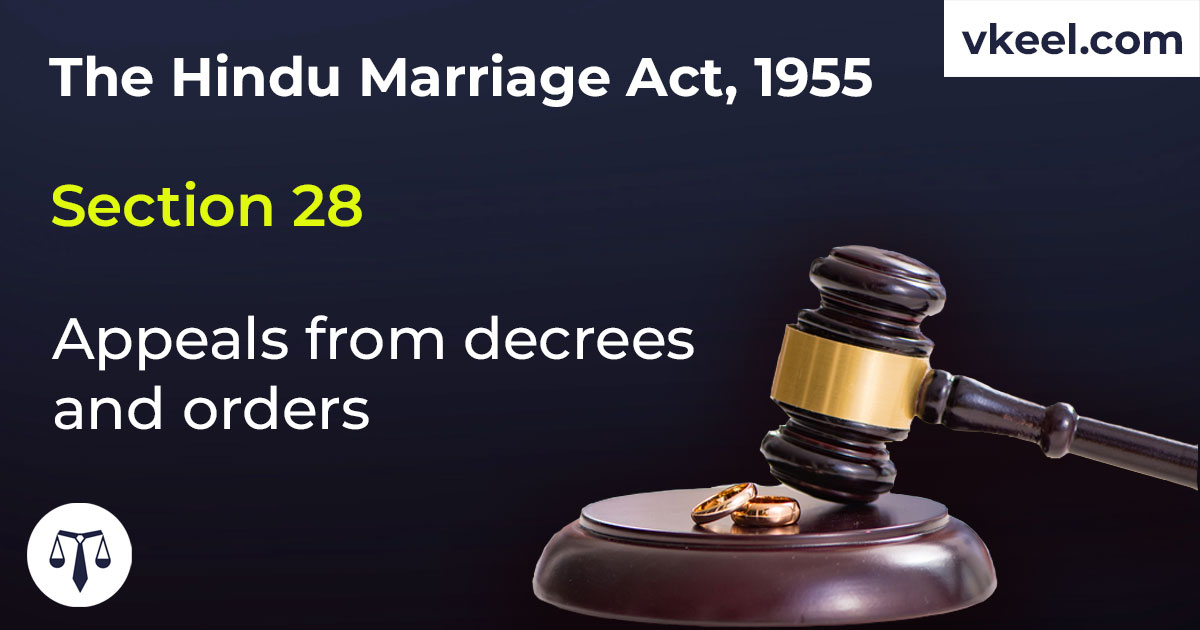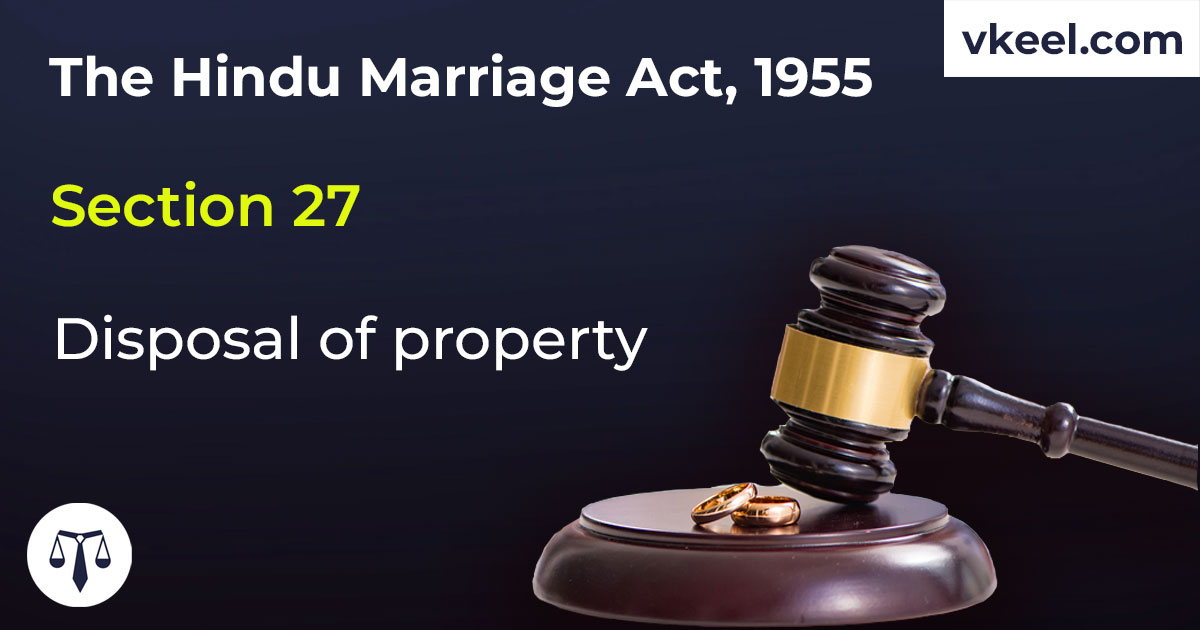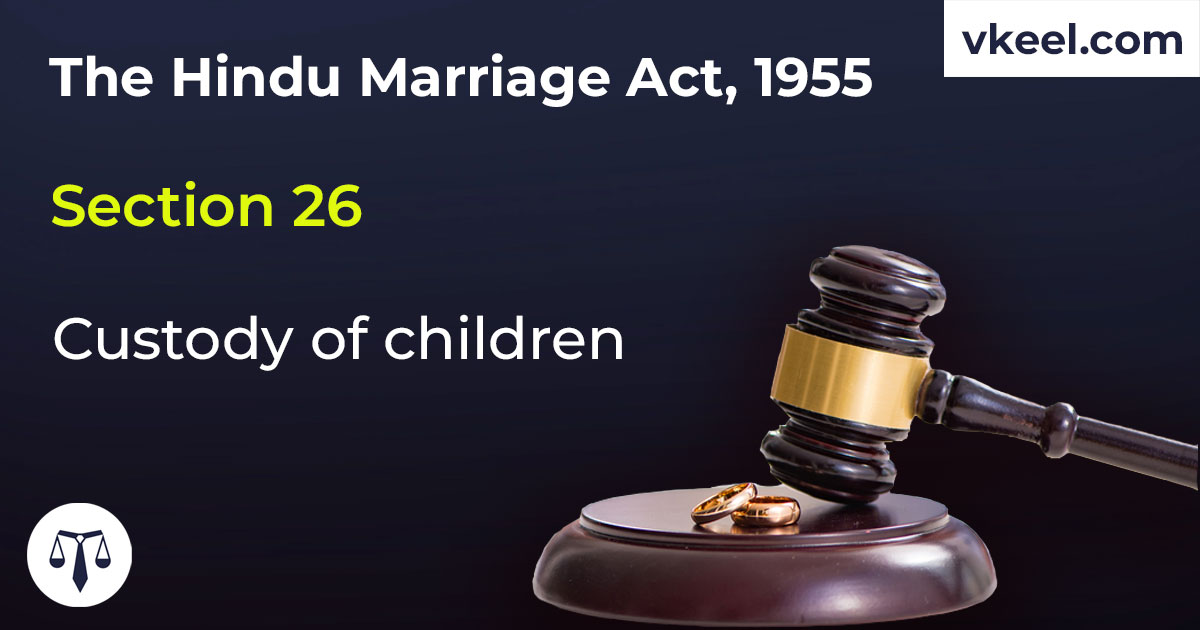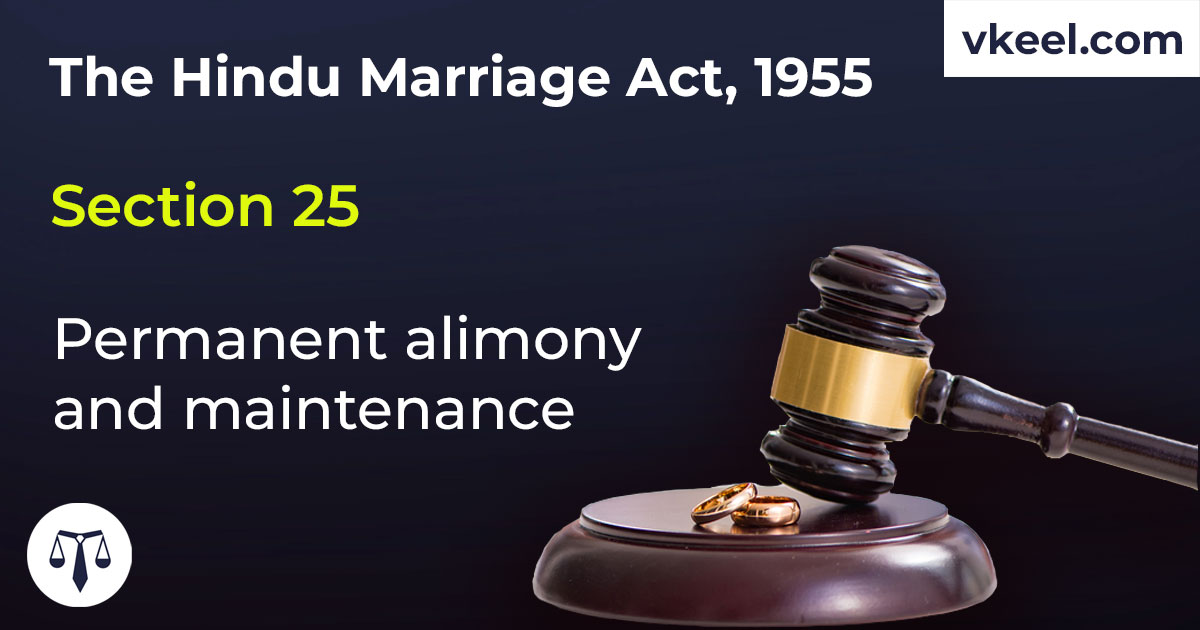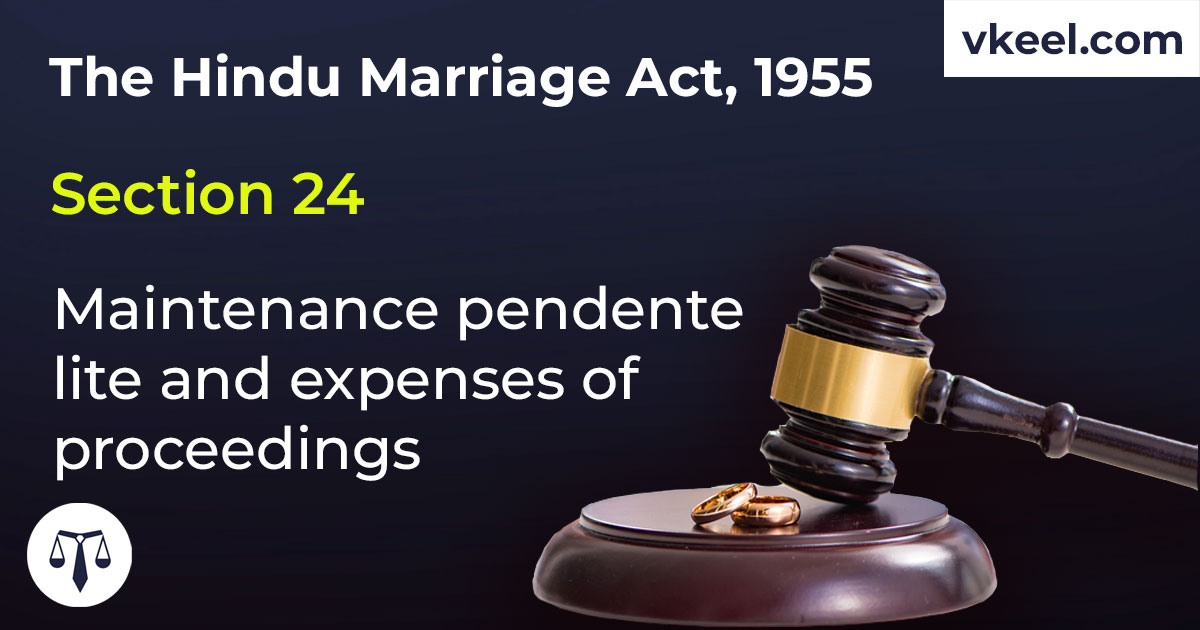Section 22 Hindu Marriage Act 1955 – Proceedings to be in camera and may not be printed or published
By Vkeel Team
Table of Contents
Description
“Section 22 Hindu Marriage Act 1955”
1[(1) Every proceeding under this Act shall be conducted in camera and it shall not be lawful for any person to print or publish any matter in relation to any such proceeding except a judgment of the High Court or of the Supreme Court printed or published with the previous permission of the court.
(2) If any person prints or publishes any matter in contravention of the provisions contained in sub-section (1), he shall be punishable with fine which may extend to one thousand rupees.
Role of the Court in Section 22 Proceedings
Section 22 Hindu Marriage Act 1955 provides for the court to intervene in cases of matrimonial disputes. This section outlines the role of the court in such proceedings.
The court is responsible for determining the validity of the marriage in question. This includes examining the age of the parties, the consent of the parties, and the presence of any impediments to the marriage. The court may also consider any other relevant factors that may affect the validity of the marriage.
The court is also responsible for determining the rights and obligations of the parties in the marriage. This includes determining the rights of the parties to the marriage in terms of maintenance, custody of children, and division of property. The court may also consider any other relevant factors that may affect the rights and obligations of the parties.
The court is also responsible for determining the grounds for divorce. This includes examining the grounds for divorce as outlined in the HMA, such as cruelty, desertion, and adultery. The court may also consider any other relevant factors that may affect the grounds for divorce.
Finally, the court is responsible for determining the terms of the divorce. This includes determining the terms of alimony, custody of children, and division of property. The court may also consider any other relevant factors that may affect the terms of the divorce.
In conclusion, the court plays a vital role in section 22 proceedings of the HMA. The court is responsible for determining the validity of the marriage, the rights and obligations of the parties, the grounds for divorce, and the terms of the divorce. The court may also consider any other relevant factors that may affect the proceedings.
Impact of Section 22 Hindu Marriage Act 1955 on Privacy Rights
Section 22 Hindu Marriage Act 1955 is particularly noteworthy as it deals with the issue of privacy rights in the context of marriage. This section states that “no Court shall require either party to a marriage to produce any document or other evidence relating to the marriage except as provided in this Act.”
The purpose of this section is to protect the privacy of the parties involved in a marriage. It ensures that the parties are not required to disclose any information or documents related to their marriage in a court of law. This is especially important in cases where the parties may not want to disclose certain information or documents due to personal reasons.
The impact of Section 22 Hindu Marriage Act 1955 on privacy rights is significant. It ensures that the parties involved in a marriage are not required to disclose any information or documents related to their marriage in a court of law. This helps to protect the privacy of the parties and ensures that their personal information is not made public.
Furthermore, Section 22 Hindu Marriage Act 1955 also helps to protect the rights of the parties involved in a marriage. It ensures that the parties are not forced to disclose any information or documents related to their marriage in a court of law. This helps to ensure that the parties are not subjected to any undue pressure or harassment in a court of law.
In conclusion, Section 22 Hindu Marriage Act 1955 has a significant impact on privacy rights. It ensures that the parties involved in a marriage are not required to disclose any information or documents related to their marriage in a court of law. This helps to protect the privacy of the parties and ensures that their personal information is not made public. Furthermore, it also helps to protect the rights of the parties involved in a marriage by ensuring that they are not subjected to any undue pressure or harassment in a court of law.
1. Subs. by Act 68 of 1976, s. 15, for s. 22 (w.e.f. 27-5-1976).
Description Source: indiacode
Disclaimer:
The information provided in the article is for general informational purposes only, and is not intended to constitute legal advice or to be relied upon as a substitute for legal advice. Furthermore, any information contained in the article is not guaranteed to be current, complete or accurate. If you require legal advice or representation, you should contact an attorney or law firm directly. We are not responsible for any damages resulting from any reliance on the content of this website.

